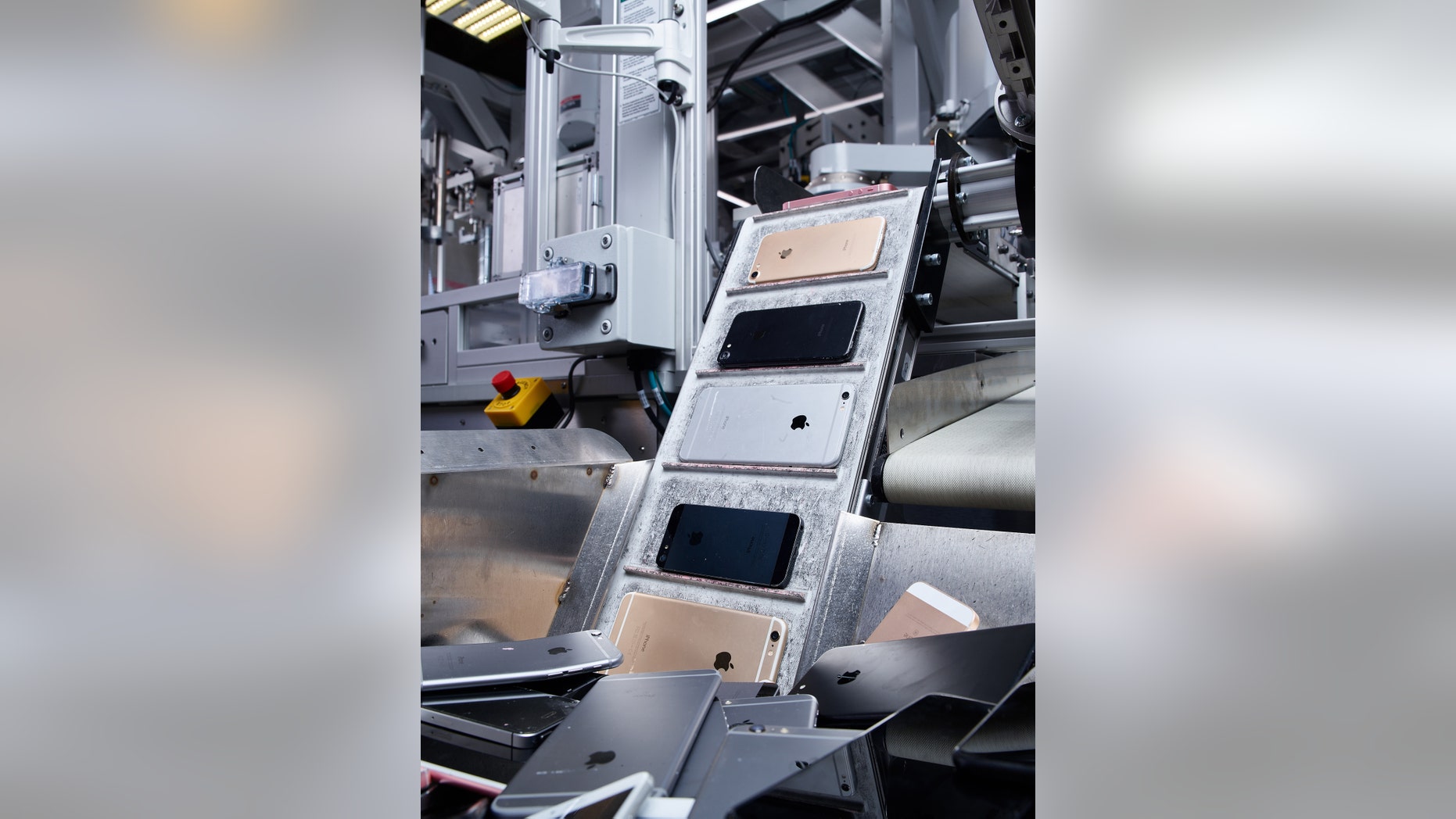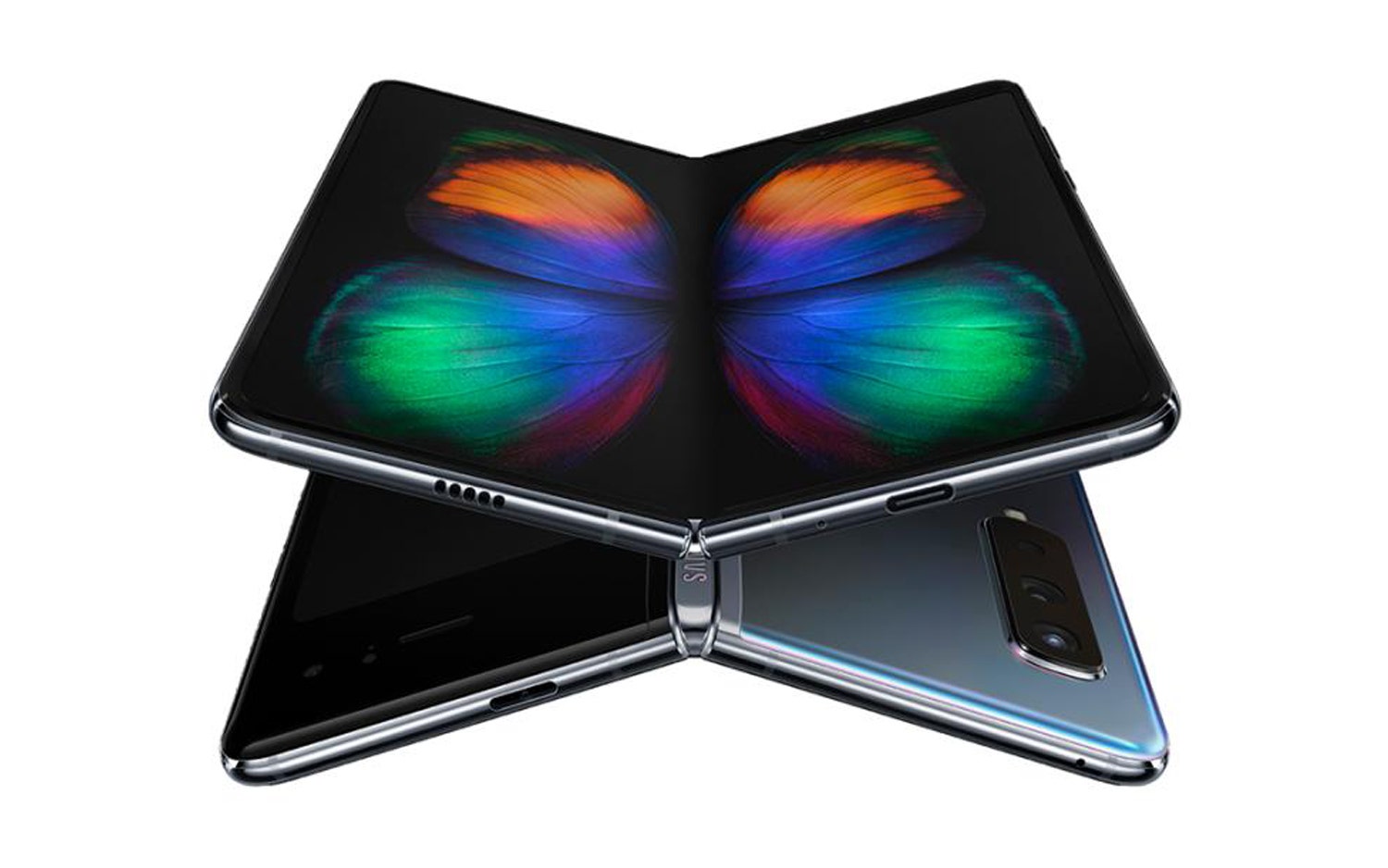After years of perfecting the various technologies required to manufacture foldable phones, and after years of hype, Samsung finally launched its first ever foldable. And that’s when the story took an unexpected twist: the Galaxy Fold’s screen started breaking or malfunctioning in the hands of expert reviewers. In a matter of hours, a bunch of Galaxy Fold units broke because of various issues concerning that sophisticated Infinity Flex display. Mind you, these weren’t regular users who purchased a device in stores. These were reviewers used to handling all sorts of devices. And they encountered a bunch of issues which prove Samsung’s foldable prototype is, for the time being, a failure. With that in mind, you’d better off not buying the Galaxy Fold for the time being.
After the first reports popped up online showing Galaxy Fold units with several display issues, Samsung issued an explanation about what had just happened, and confirmed the April 26th launch date wouldn’t be delayed:
A limited number of early Galaxy Fold samples were provided to media for review. We have received a few reports regarding the main display on the samples provided. We will thoroughly inspect these units in person to determine the cause of the matter.
Separately, a few reviewers reported having removed the top layer of the display causing damage to the screen. The main display on the Galaxy Fold features a top protective layer, which is part of the display structure designed to protect the screen from unintended scratches. Removing the protective layer or adding adhesives to the main display may cause damage. We will ensure this information is clearly delivered to our customers.
The problem here is that we just witnessed an unexpectedly high number of failures coming from a limited number of early Galaxy Fold samples. It’s not like a few Galaxy Fold units out of hundreds of thousands of devices showed screen issues. It’s a few devices from a very limited number of units out in the wild.
Yes, these are early Galaxy Fold units, but I’d be surprised if they were too different from the finished product that should ship to regular buyers next week.
This early reviews should have addressed, among other things, to the main questions we have about foldable devices. Are they durable enough? Will the screen break rendering a $2,000 piece of tech totally useless? Will the screen show any wear and tear markings?
No matter how exciting these devices are, at least in theory, the first thing they must do before amazing users with completely novel features is to not break — I’m not talking just about the Galaxy Fold, but all foldable gadgets.
If Samsung’s early Galaxy Fold units break that quickly, it means Samsung still has to iron out several issues concerning the durability of foldable displays. The same thing probably goes for its competitors.
Also, the fact that the phone’s display features a film on top of the display that looks a lot like a removable screen protector isn’t good for the company. Nor is the fact that said screen layer is so easy to remove by users that Samsung needs to tell people not to do it. By the way, if seasons reviewers weren’t that quick to get the message, what’s to be expected from regular buyers willing to pay $2,000 for this thing.
I said a while ago that Samsung’s Galaxy Fold is actually an exciting evolution of the smartphone, which will help usher in the next generation of mobile devices. And I still think that. I also believe that Samsung deserves credit for bringing this product to market, in spite of these significant durability issues.
But if you have $2,000 burning a hole in your pocket, you’d be served better by a different phone, and there are plenty of expensive ones out there to choose from. Just don’t buy the Galaxy Fold, at least until Samsung can prove that screen durability won’t be a problem and that steps are in place to ensure that buyers who may be affected by screen issues get fast replacement devices and free/cheap repairs.
Image Source: Samsung
Let's block ads! (Why?)
https://bgr.com/2019/04/18/galaxy-fold-screen-issues-explained-dont-buy-samsungs-foldable-phone/
2019-04-18 10:50:00Z
CAIiENzCjiIF_-WAzCWNI3chkuEqFggEKg4IACoGCAowl7gmMPL_BTDy-ws


:no_upscale()/cdn.vox-cdn.com/uploads/chorus_asset/file/13360395/cwelch_181030_3054_0442.jpg)



